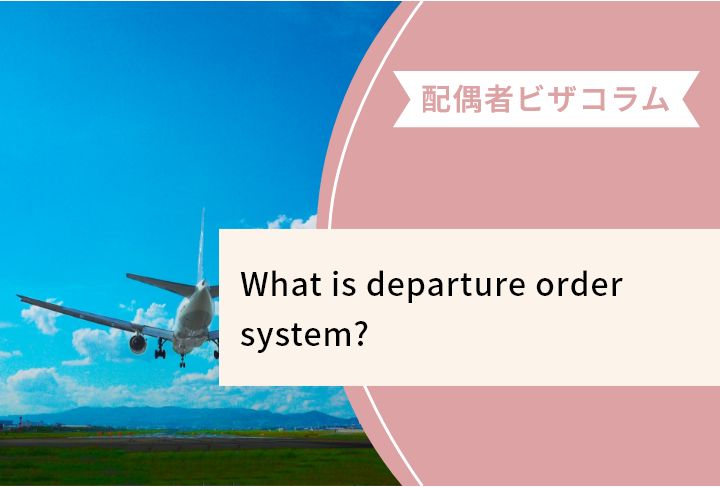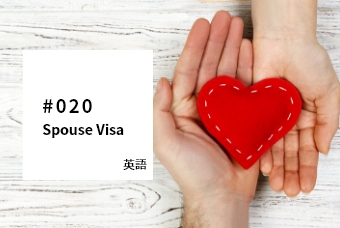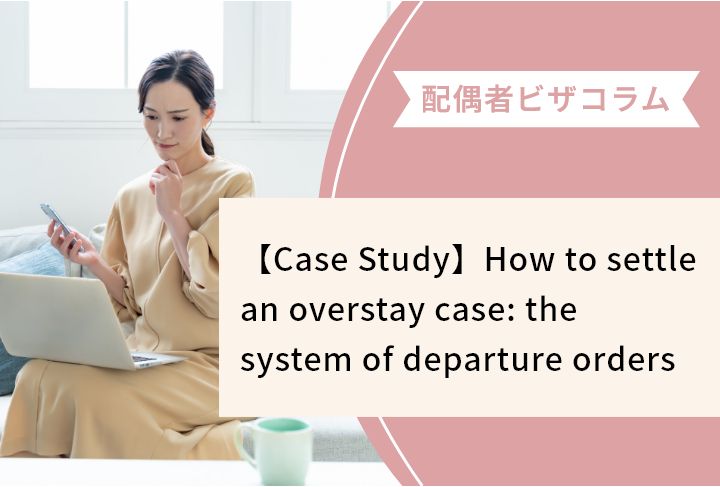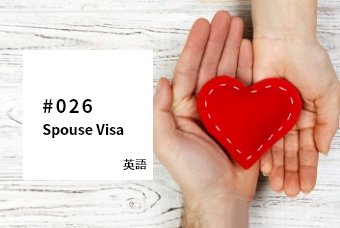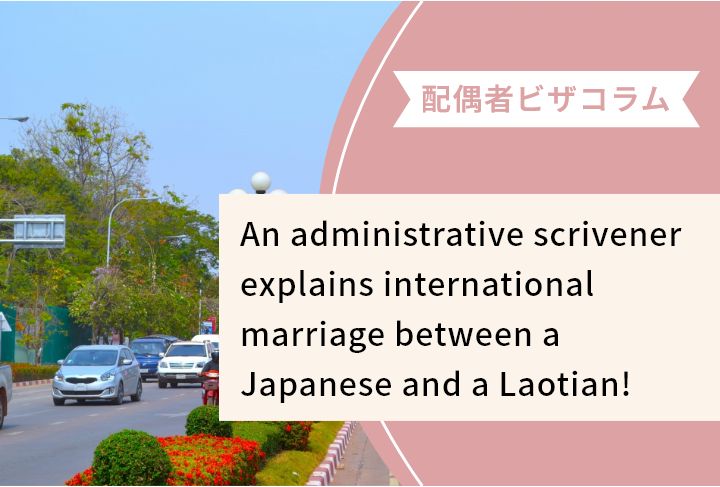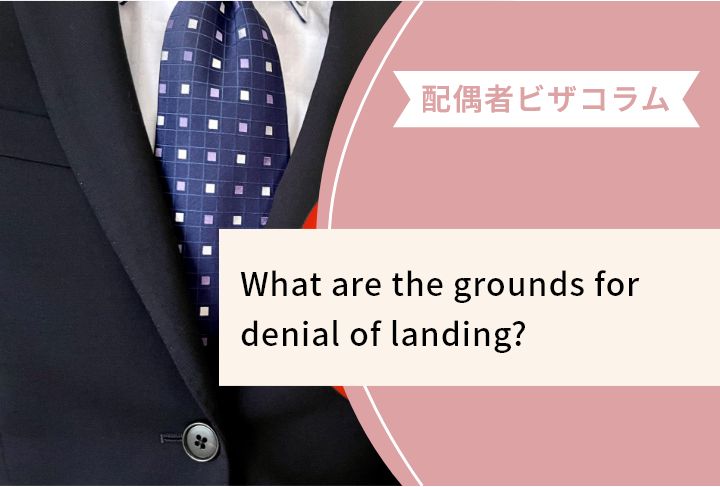【Case Study】Procedure for international marriage with a person with dual nationality
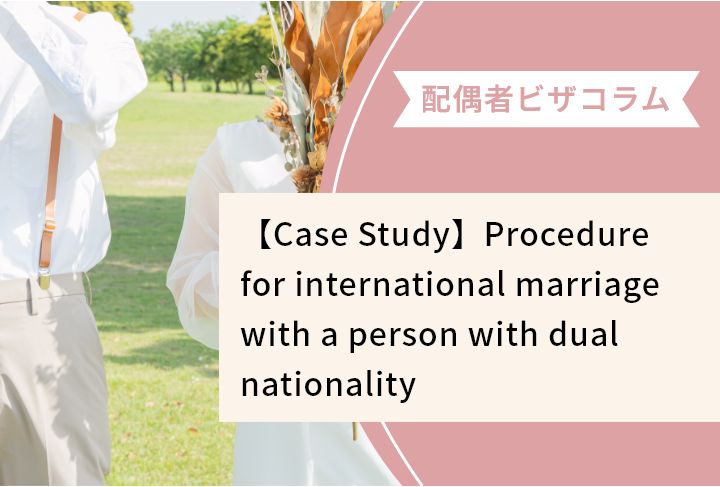
【Case】
A person with dual nationality of the Republic of Moldova and Romania wants to marry a Japanese girlfriend. However, because he has dual nationality, it is uncertain which country’s law should be applicable when determining international marriage requirements, the Republic of Moldova or Romania.
When he made inquiries to the city hall, they told him to follow Romanian law to determine the requirements for international marriage because he had entered Japan with a Romanian passport. Meanwhile, he got a different answer from another government office.
Not knowing which one is correct, he became worried about if he could really get married. So, he came to us for consultation.
Many people may feel uneasy about the international marriage procedure for a person with dual nationality, as the judgment regarding requirements is generally considered complicated.
Below, we will explain the international marriage procedure for a person with dual nationalitys.
Index
1. Which country’s law is applicable to the determination of requirements for international marriage?
Article 38, paragraph 1 of the Act on General Rules for Application of Laws has the following provision.
“Where a party concerned has two or more nationalities, the party’s national law shall be the law of the country of his/her nationality where he/she has habitual residence, or, the law of the country with which the party is most closely connected if there is no such country of his/her nationality where the party has habitual residence.”
To briefly summarize the above provision,
(1) If the party has habitual residence in one of the countries of nationality, the law of such country of habitual residence shall be the national law.
(2) For cases other than (1), the national law shall be decided based on the existence of close connection.
Therefore, the government’s answer based on the passport which was used to enter Japan is incorrect.
First, please make judgment based on your habitual residence (“habitual residence” generally refers to a place where a person will clearly continue to live for a considerable period of time).
2. It is not difficult to determine the habitual residence in case of (1)
Regarding (1) above, the country of habitual residence is basically judged by a residence certificate issued by the country where a person lives (similar to resident cards (juminhyo) in Japan). If a certificate of residence is issued by a country, you can say the country is your habitual residence.
However, if a residence certificate is issued by multiple countries or no country, the judgment becomes a little complicated.
In such case, the requirements for international marriage will be determined based on the close connection with a country as stated in (2) above.
3. The certificate of fulfillment of marriage requirements is a key to find out the country with close connection in case of (2)!?
What criteria are used to judge whether a country is closely connected to a person in case of (2)?
In many countries, you can request the issuance of a certificate of fulfillment of marriage requirements to proceed with international marriage procedures.
To briefly explain, a certificate of fulfillment of marriage requirements is an official document that certifies that the foreigner meets the conditions for marriage in accordance with the law of the home country.
The decision of the closely related country is made based on the issuance of this certificate of fulfillment of marriage requirements.
In other words, it will be judged that the country that has issued the certificate of fulfillment of marriage requirements is a country with close connection, and the requirements for international marriage will be determined in accordance with the law of that country.
4. What if I can’t get a certificate of fulfillment of marriage requirements?
A problem arises when a certificate of fulfillment of marriage requirements is not issued by any of the countries in case of (2).
In such case, comprehensive consideration of various factors will be needed to decide which country is closely connected to the foreigner.
For example, which country the person actually lives in, which country the person’s relatives live in, etc. will be taken into consideration comprehensively.
At this stage, it will be difficult for the municipal office to determine the national law of a person with dual nationality, so usually an acceptance inquiry (* 1) is made to the Legal Affairs Bureau to identify which country has close connection.
Note *1) Acceptance inquiry means to ask a competent legal bureau for advice on whether to accept a notification which includes dubious contents before a municipal office accepts the notification.
5. Precautions for international marriage procedures for a person with dual nationality
We often receive this specific inquiry as to international marriage procedures with a person with dual nationality, which is a inquiry about whether it is okay to undergo international marriage procedures as a person with a single nationality if the government office never points out about it.
Municipal offices in Japan have adopted a formal examination principle, in which examination is conducted based only on submitted documents. There is a basic official notice which says that a person can be treated as a person with a single nationality when there is no doubt about his/her nationality since only one nationality is indicated in the materials attached to the documents for marriage procedure as well as in the marriage registration.
Based on the above official notice, the municipal offices regard foreigners to have a single nationality if it is not revealed from submitted documents that they have dual nationality.
Therefore, if a foreigner with dual nationality is getting married, he/she needs to clarify that he/she has dual nationality. Nevertheless, in actual cases, many foreigners don’t tell about their dual nationality and go through international marriage procedures as a foreigner with single nationality.
If you do not carry out international marriage procedures as a person with dual nationality, you may have problems later. For example, since your marriage situation is different in each country (as you are married in one country, and not married in the other country), various adverse effects may occur at the time of inheritance and birth of a child.
Rewinding and re-doing the procedure later may be time consuming and require a lot of effort.
For such reasons, please avoid going through international marriage procedures as a person with single nationality just because the government office does not point out. Please take appropriate measures in accordance with the law for your own future.
6. The case example
In this case, the person who usually lives in the Republic of Moldova entered Japan with a temporary visitor visa with his Romanian passport as Rumania is exempted from visa requirements (* 2). He was advised from a government office that he should get married as a Romanian citizen because he used Romanian passport to enter Japan.
However, to be correct, as mentioned above, the habitual residence must be decided to determine the national law of the person.
In this case, we were able to receive a certificate of residence from the Republic of Moldova, so the requirements for international marriage were determined by the law of the Republic of Moldova. By attaching a certificate of his Romanian nationality, the procedure was completed in an appropriate manner.
Note* 2) Please refer to the website of the Ministry of Foreign Affairs for countries exempted from visa requirements.
(Japanese)
http://www.mofa.go.jp/mofaj/toko/visa/tanki/novisa.html
(English)
https://www.mofa.go.jp/j_info/visit/visa/short/novisa.html
7. Summary
For international marriage procedures for a person with dual nationality, it is important to first find out which country’s law will be applicable to the determination of requirements among the countries of nationality.
This time, we used an example of dual nationality of the Republic of Moldova and Romania, but the basic idea is the same in case of other nationalities.
If you have any questions regarding international marriage procedures with a person with dual nationality, please feel free to contact us.







